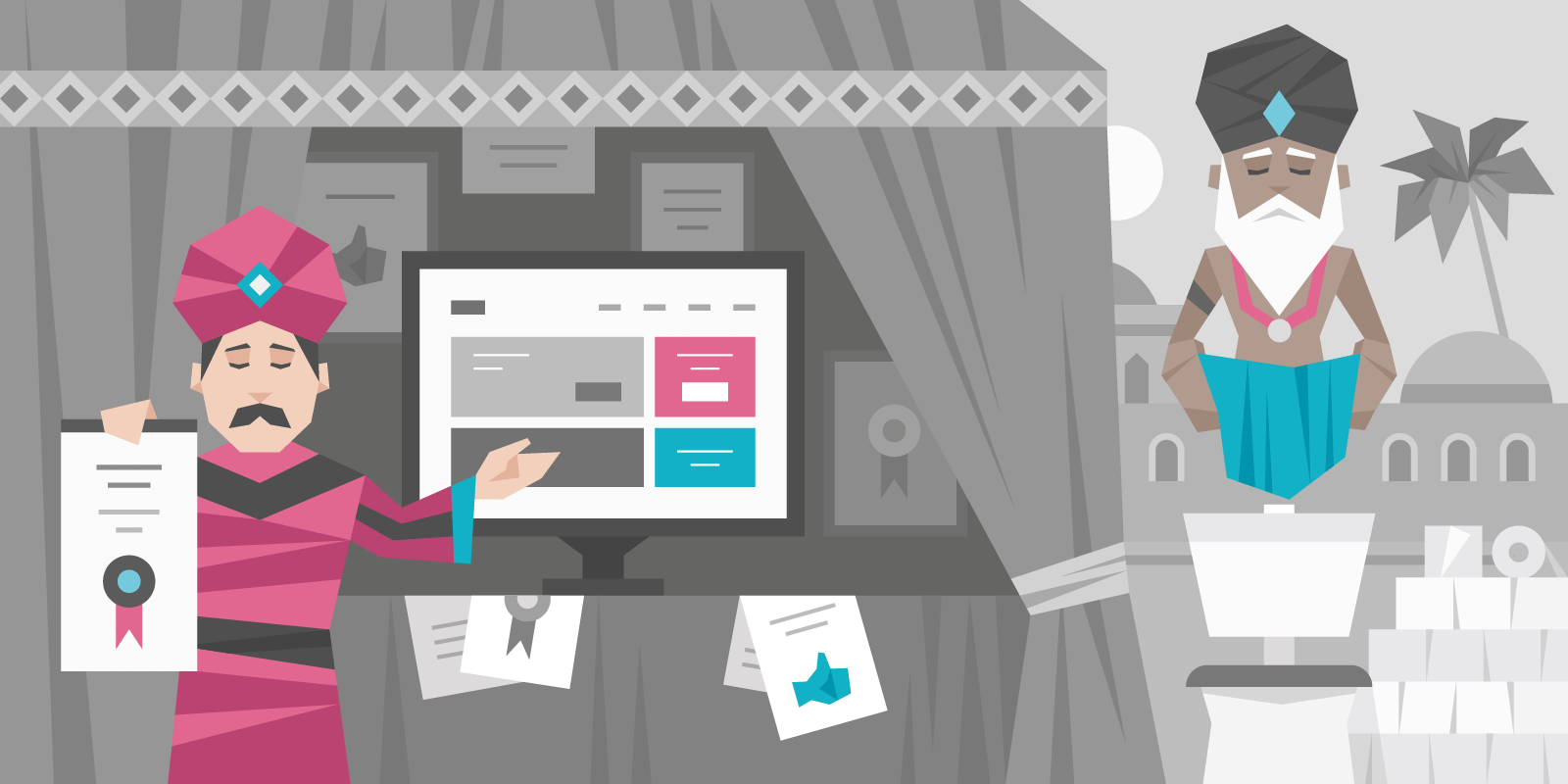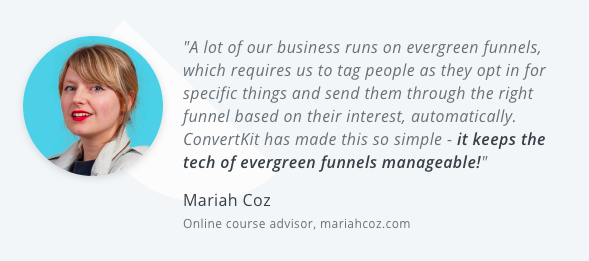
You’re More Credible Than You Think
Let your own customers speak for you. Nothing more powerful than the voice of an actual customer talking about your business
Day 22: Fan mail
Today we’re talking about credibility.
Credibility is often the difference between a sale and a “No thanks”.
The problem is, talk is cheap. Always has been.
So, how do you show people you’re the real deal, and not one of those cringey Guru/Ninja/Rockstar losers?
Here’s just a few ways of improving your credibility:
- Case studies
- Demonstrations
- ‘How-to’ guides
- Expert reviews
- Thought leadership
But there’s one thing that stands above all else.
Testimonials – the bread and butter of credibility.

Here’s the thing. Every time a customer has a good experience with your business or product, your credibility goes up.
And you need to lean into it as hard as you possibly can.
Testimonials are how you achieve this. It’s your way of saying “I’m going to shut up now and let my customers do the talking.”
But why are they so powerful?
Testimonials tap into one of our 6 psychological influences – consensus. Or, more specifically, social proof. When we see people like us enjoying a product we’re more inclined to trust and use it.
It’s the reason peer pressure is a such a big part of growing up. It’s why you go to the bar even though you can’t be bothered. It’s the desire to integrate into the tribe.
This sphere of influence is why testimonials are great — they tap into our deep psychological need to “belong”; they make us jealous of the live we could have if we just got our hands on what other people are talking about. Seriously.
Another useful way to view testimonials is as “objection-countering” tools.
Let’s look at two examples from Convertkit:


In the first example, notice how the testimonial is specifically tied in with the preceding paragraph. This helps overcome a potential objection a reader may have after reading that text.
Notice how it’s perfectly placed. As soon as the promise is made, the social proof is there to back it up — a perfect use of copy.
The second example is about a specific use of the product.
Specificity is important in testimonials because specific quotes are more believable than vague ones like “I love this product”. Speaking of which…
The other side of the coin

Testimonials are useless if all they talk about is how happy a customer is, or how nice is to work with you. You’ll find a lot of these types of testimonials on platforms like Upwork where clients don’t have a personal relationship with the freelancer or their work:


Yawn.
You don’t want surface level testimonials. They’re weak and forgettable. Web visitors want to read about customer experiences that address the problems that brought them to your website. Furthermore, they want to know how your product solves them.
How to ask for a great testimonial
In his book “The Brain Audit” (highly recommended, btw), author and marketer Sean De Souza says:
It’s the seeming lack of reality in a testimonial that makes us doubt its genuineness. So the way to bump back the reality is to give a testimonial a before/after effect”.
In short, your testimonials should be crafted to say what you want them to say, without lying to or misleading the reader.
That means you need to ask the right questions.
Questions like:
- What would have stopped you from buying from us?
- What results did you get from using our product?
- Which feature has benefited you the most?
- Would you recommend our product? Why/why not?
These help you create a compelling story arc that your visitors will resonate with, and that will be way more convincing than a simple “Thank you, it was nice to work with you.”
Your Homework
Send an email to a customer you know asking for a shiny new testimonial. And do it the right way.
You can use this email template – remember to make a copy 🙂
Don’t be scared. Asking for testimonials shows that you care about your customer’s opinions and experiences. Who knows, they might say something you weren’t expecting!
